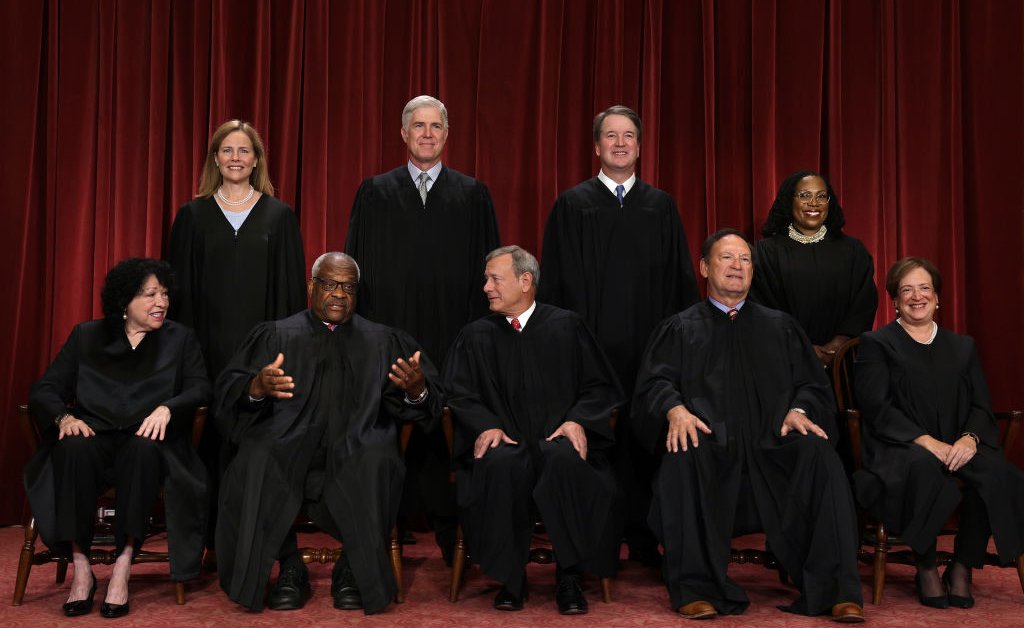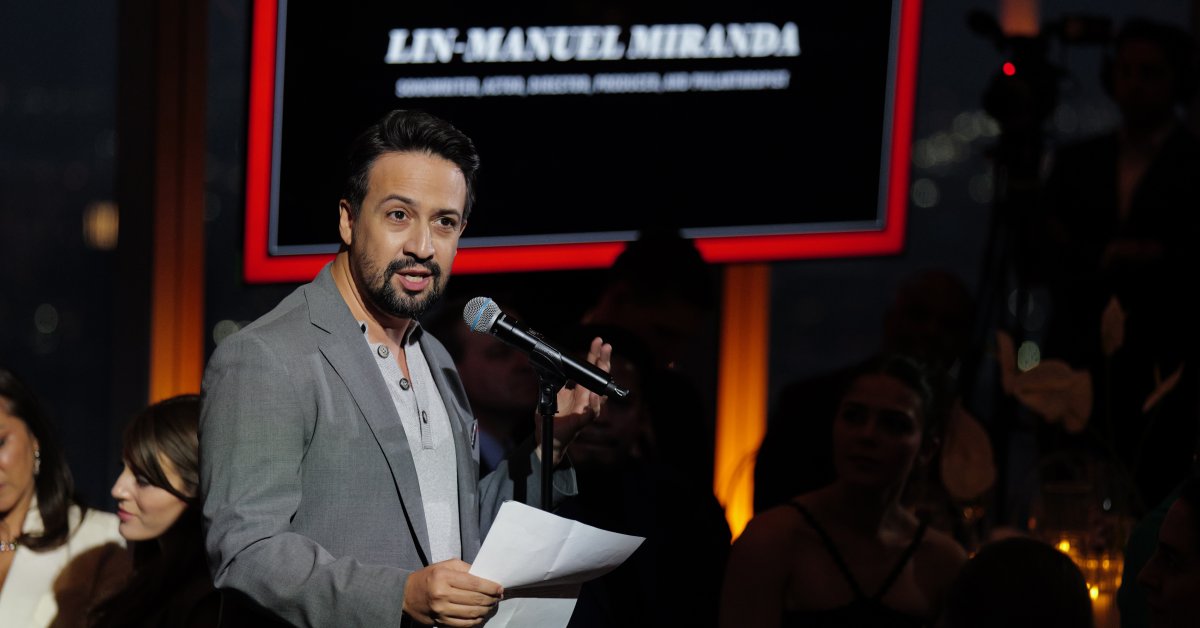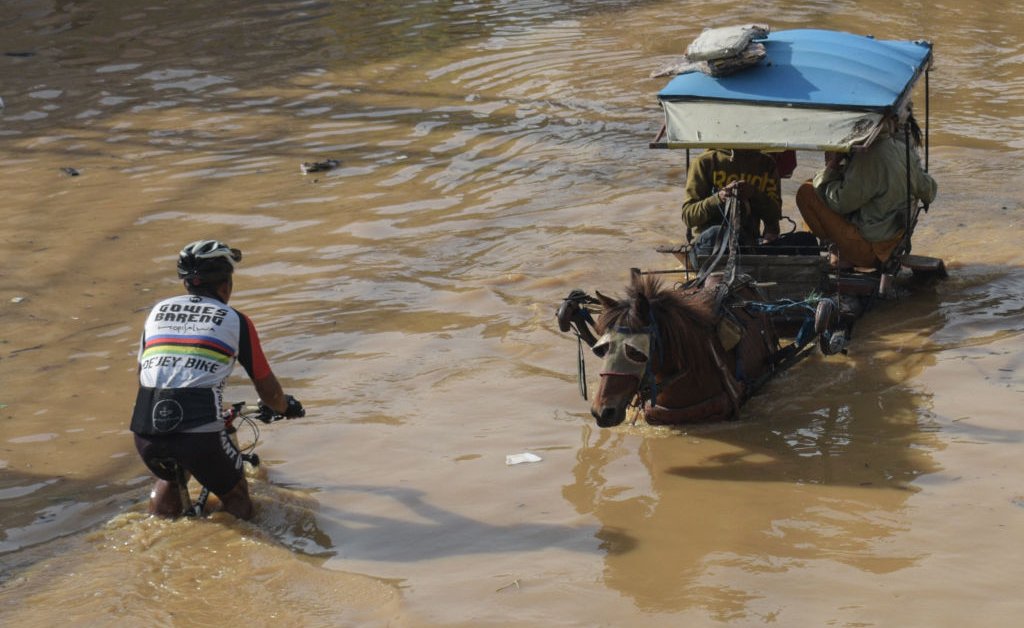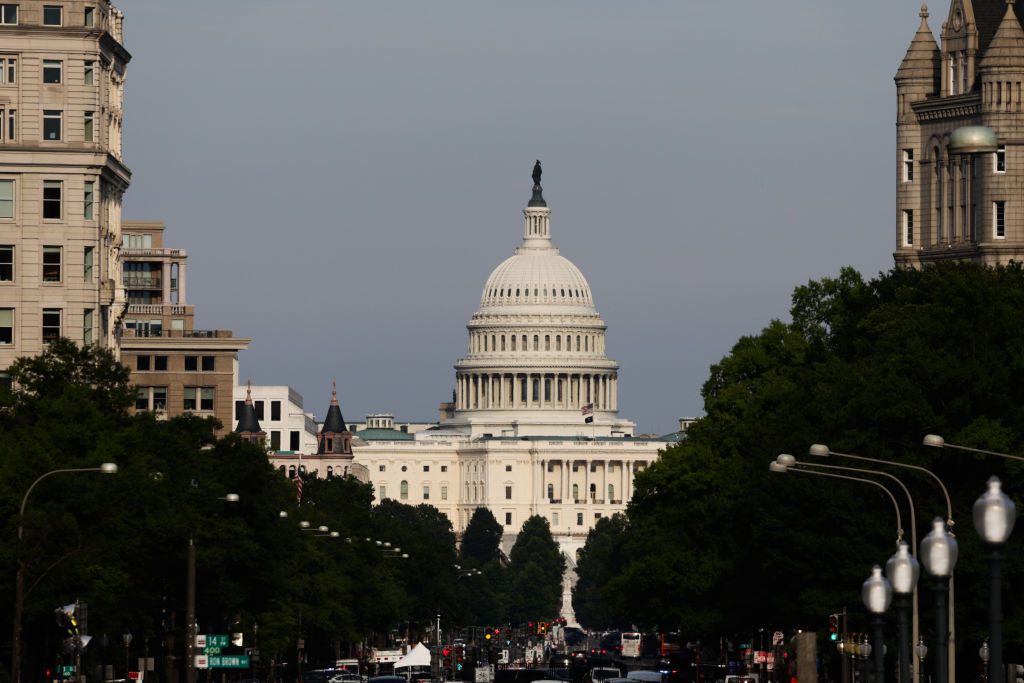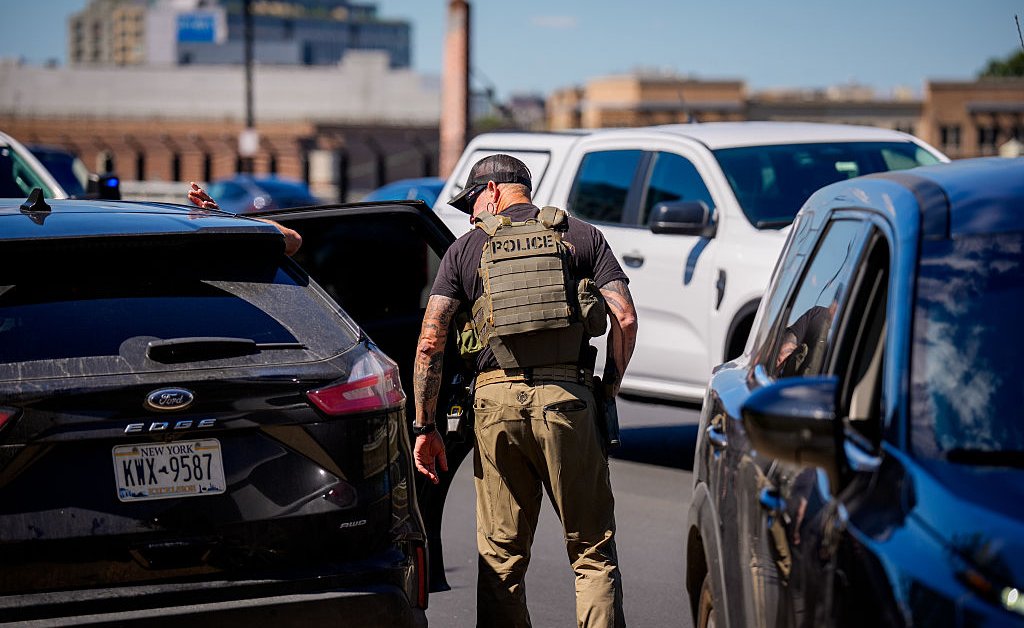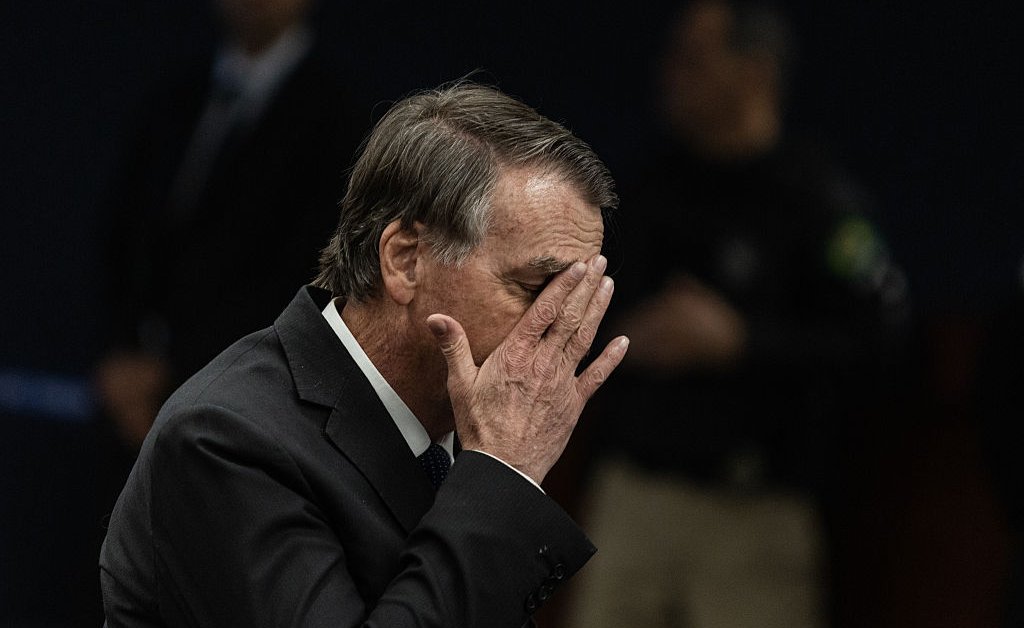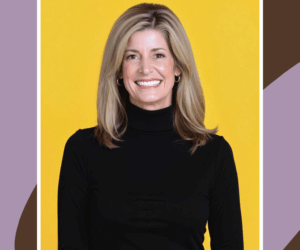White House officials and a close circle of conservative lawyers are preparing for President Donald Trump to be able to hit the ground running if a Supreme Court vacancy opens up during the remaining three and a half years of his second term, according to sources inside and outside the White House.
The discussions are in early stages and focus on finding a nominee in the mold of Samuel Alito, 75, and Clarence Thomas, 77, the two oldest justices, both of whom are considered stalwart conservative jurists who have taken narrow interpretations of the Constitutional text while backing an expansive view of Presidential power. Shortlists of judges are circulating among Trump allies as they debate who can be best trusted to stick with the Court’s conservative wing during an appointment that could last decades.
“We are looking for people in the mold of Alito, Clarence Thomas and the late Scalia,” said a White House official familiar with the process, referring to Justice Antonin Scalia, who died in 2016. The official said it was “premature” to say the White House was getting ready for a vacancy.
Republicans currently control the Senate, which must confirm any nominee to the court. The party also controlled the Senate throughout Trump’s first term, allowing Trump to appoint three Justices—Neil Gorsuch, Brett Kavanaugh and Amy Coney Barrett— who were all well-regarded in conservative legal circles.
Advisors close to Trump want to set the stage for the smoothest possible confirmation process and avoid the high drama of Kavanaugh’s hearings in 2018 that focused on allegations of sexual assault. Conservative lawyers around Trump are also feeling burned by a handful of recent decisions in which Barrett joined liberal members of the court and want to ensure the next nominee is someone who won’t veer from the conservative bloc.
“There’s a lot of anger at Amy Coney Barrett coming from the MAGA movement,” says Benjamin Wittes, editor in chief of Lawfare and a senior fellow at the Brookings Institution. “I think you can imagine a very different type of nominee than we’ve had from Trump in the past.”
Trump will make the final decision on who to put forward for Senate confirmation, says a White House official. Key players in his administration who would be involved in vetting candidates would be Attorney General Pam Bondi, Chief of Staff Susie Wiles, White House Counsel David Warrington and Steve Kenny, the deputy White House counsel for nominations.
Mike Davis, a conservative lawyer and bare-knuckle Trump defender, is also expected to be an influential voice in the process. “Justice Thomas and Justice Alito are irreplaceable and I hope they do not retire anytime soon,” Davis tells TIME. Just in case, Davis says he has given the Trump White House a short list of “bold and fearless” nominees for the Supreme Court, and should there be a vacancy, he plans to “play an outside supporting role” to the White House efforts.
Davis, who is founder of the Article III project, a conservative judicial advocacy group, would not confirm which names are on his list. “I have provided my recommended list to the President and his team and I am not going to discuss that list with anyone other than them,” says Davis. He stressed that “the President and the President alone will decide his judicial nominees.”
Two people familiar with the White House vetting process said that the current front runners for a potential Supreme Court vacancy are Andrew Oldham, a 5th circuit judge in Texas, and Neomi Rao, who sits on the influential District of Columbia Circuit Court. Oldham was previously general counsel for Texas Governor Greg Abbott and clerked for Justice Alito. Rao, whose parents are from India, would be the first Asian-American justice on the Supreme Court, and only the seventh woman. Rao clerked for Justice Thomas earlier in her career.

Davis has also previously floated the name of Aileen Cannon, the judge on the U.S. District Court for the Southern District of Florida who ruled favorably for Trump when he was being investigated for keeping classified documents at his Mar-a-Lago Club.
Other conservative judges considered potential contenders for Trump to name are James Ho, another judge on Texas’s 5th circuit, and two judges in Ohio’s 6th circuit—Raymond M. Kethledge and Amul R. Thapar.
The Heritage Foundation, a conservative Washington-based think tank that’s best known for spearheading Project 2025, is also expected to work to influence Trump’s decision. John Malcolm, vice president of Heritage’s Institute for Constitutional Government, can list off the top of his head more than 10 current circuit court judges he thinks would make strong justices on the nation’s highest court. Malcolm also believes Senator Mike Lee of Utah, a former assistant U.S. attorney who clerked for Alito, would be an “excellent choice.” While Lee isn’t a sitting judge, he “isn’t afraid to speak his mind,” says Malcolm, who adds that Lee has a track record of legislation and books that show he’s a textualist and originalist.
Trump entered his second term having already helped cement a conservative majority for a generation through the installation of three nominees. In recent months, that court has upheld Trump’s consolidation of power as President and bolstered his larger project to tilt the country’s public policy to the right. In June, the Court limited the ability of judges to block Trump’s policies nationwide and paved the way for the Administration to move forward with deporting immigrants to locations other than their home countries without additional due process requirements imposed by a district court judge
During Trump’s first term, he relied heavily on recommendations from the powerful conservative legal group The Federalist Society for his judicial nominations. That process produced a group of academically-minded conservative thinkers on the court that overturned the nationwide abortion protections in Roe v. Wade.
Trump will likely be looking for a different standard this time around, says Wittes, the editor of Lawfare, an online publication that closely follows the Supreme Court. “I assume the competition here would be to have shown greatest loyalty to Trump,” Wittes says. “I think one would worry that this person would be guided by loyalty rather than guided by something like principle.”

